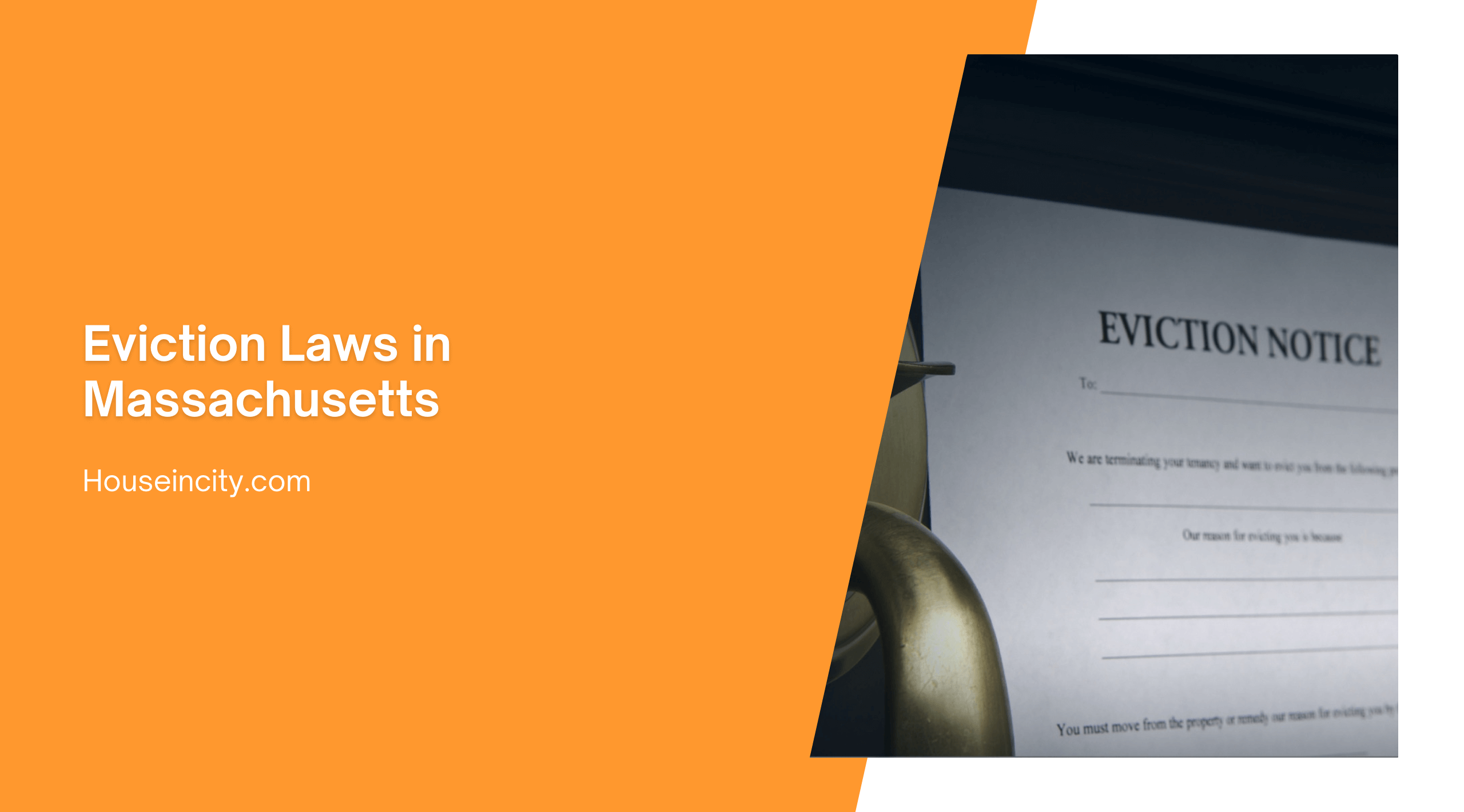If you are considering purchasing property in the state of Massachusetts for the purpose of renting or if you are considering renting property in Massachusetts, you should make yourself familiar with the eviction laws and the rights you have as a landlord or tenant. Each state has their own set of laws when it comes to landlord and tenants rights. Being familiar with the laws in Massachusetts can make any complications that arise much easier to deal with.
If you are planning on becoming a landlord in Massachusetts, the first thing you should do is layout a lease or rental agreement. In this agreement, you should clearly state when the rental monies are due, how much rent is, how long the lease is valid, any late charges is rent is late, and how many days notice are required in order to terminate the lease. You may also have other conditions such as allowing pets, parking issues, or any other terms that you need included. A lease agreement is signed by both the landlord and the tenant. It is designed to protect the interest of both parties.
If a landlord wishes to terminate a lease agreement, he or she must notify the tenant in writing with a Notice to Quit. This must be given 14 days prior to the date the landlord wished to terminate the lease agreement. This Notice to Quit form may be obtained from a Constable, Rental Housing Association or even from a legal stationary store in some cases. The 14 days is just a standard, the lease agreement may have a different or more specific time frame. If the lease states more that 14 days, the timeframe outlined in the lease agreement must be adhered to.
After the Notice to Quit has been delivered to the tenant and the time period has passed, the landlord may then take further eviction steps. If the Notice to Quit was given for failure to pay rental monies due, and this is the first Notice to Quit the tenant has received in a 12 month period, the tenant has 10 days in which to pay monies due the landlord as well as late fees.
Under Massachusetts law, a landlord can not physically evict a tenant. The landlord must go through the court system and obtain an order for eviction. Written notice will be sent to the tenant as to the time and date of this hearing. If an eviction order is obtained, the landlord then has the right to physically remove any personal property remaining in the rental property and put the property in storage. The tenant then may be responsible for paying the storage fees in order to get the property back.
No matter whether you are considering to purchasing rental property in Massachusetts or actually renting from a landlord, knowing the laws can be very helpful in either situation. Abiding by the laws can make the eviction transition a little easier and bearable for everyone involved. For tenant, paying rental monies due on time, and knowing the laws and your rights may also keep an eviction from happening.
